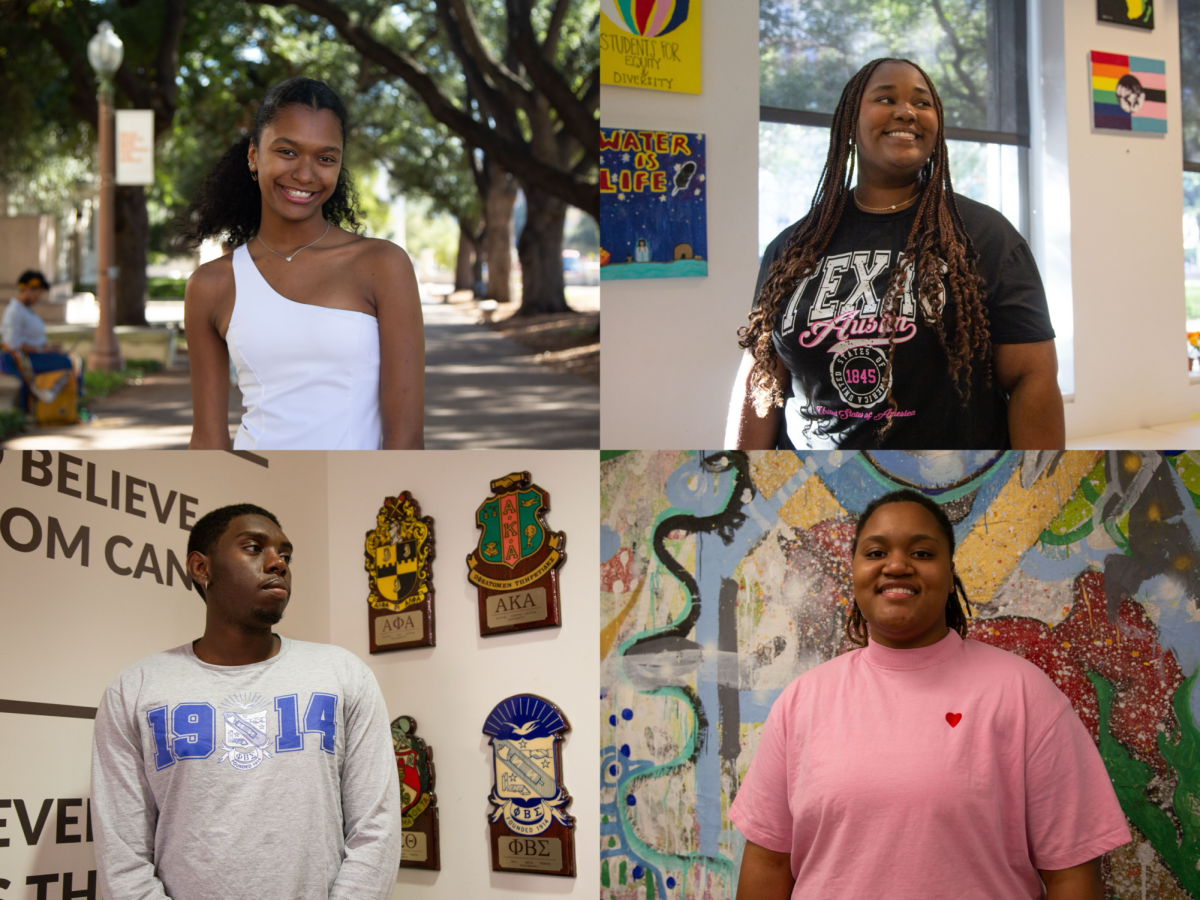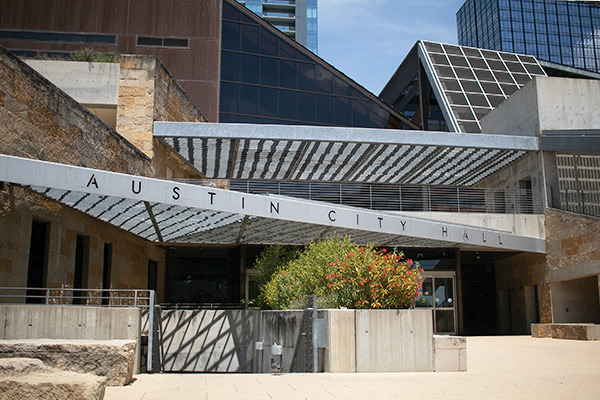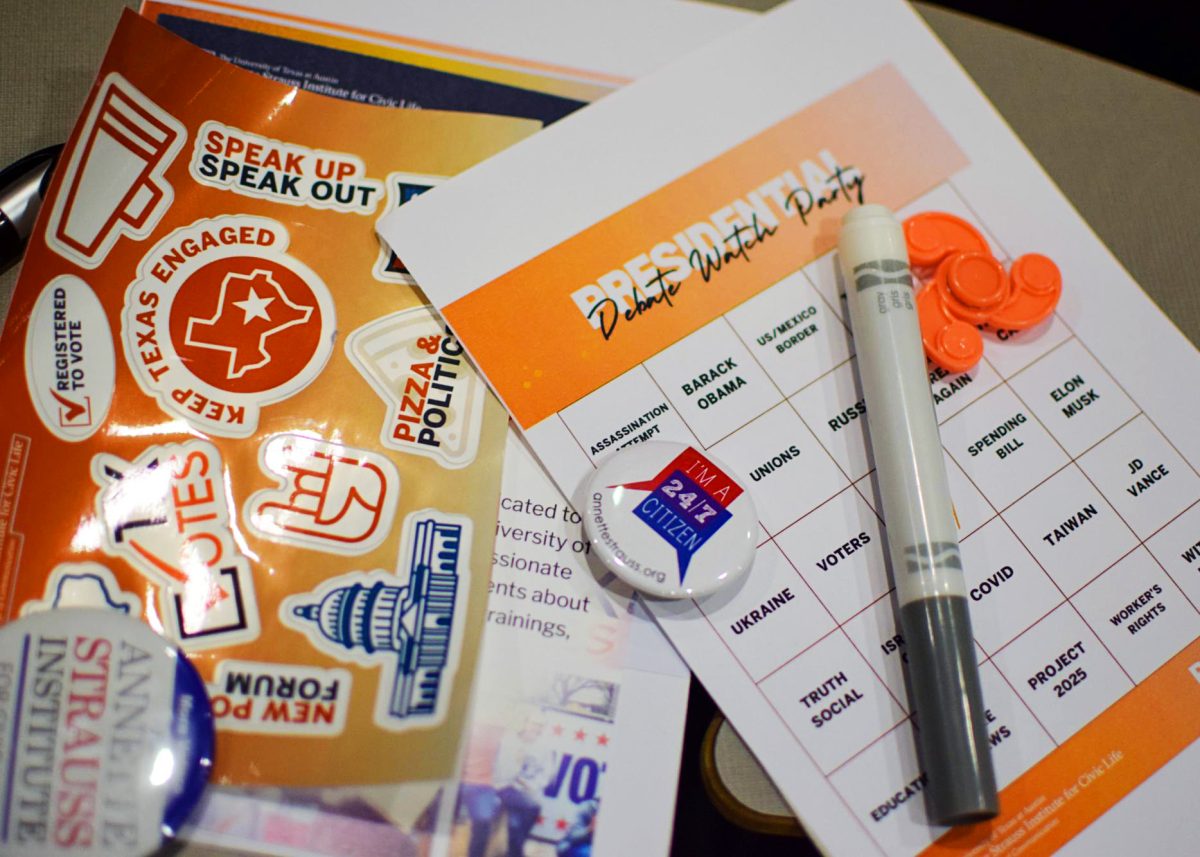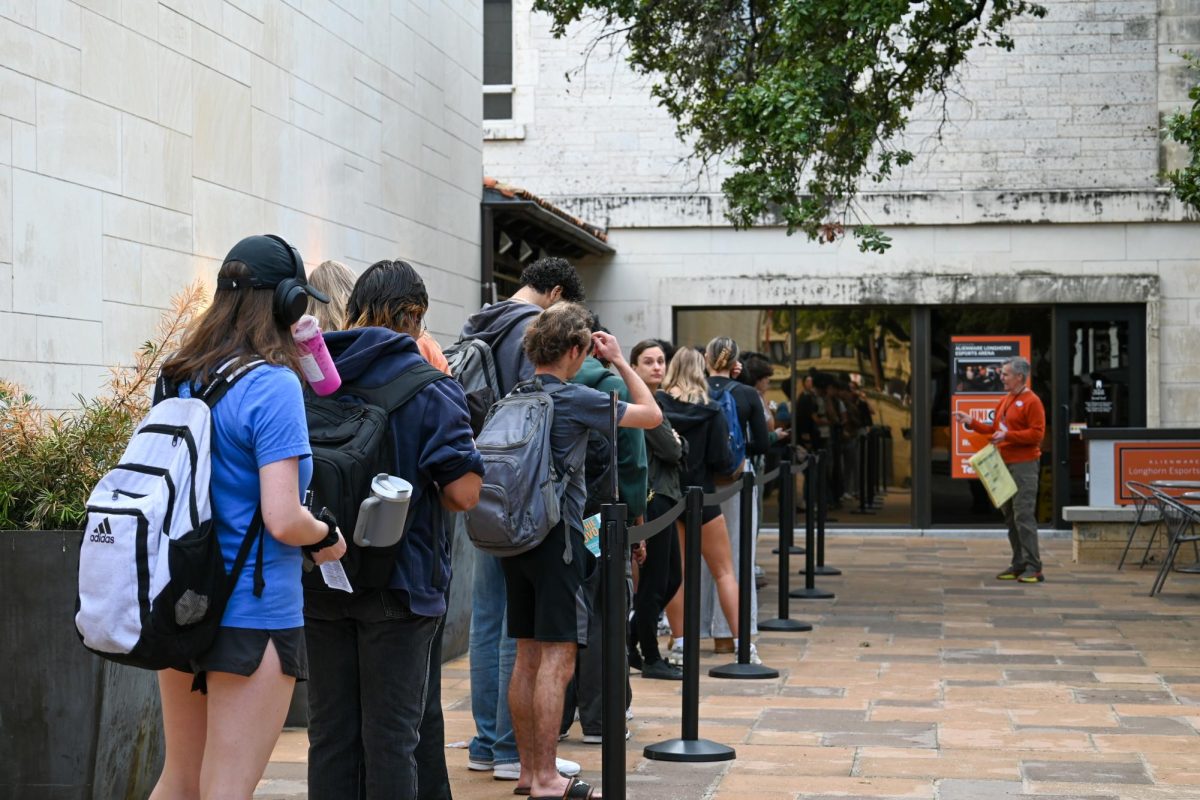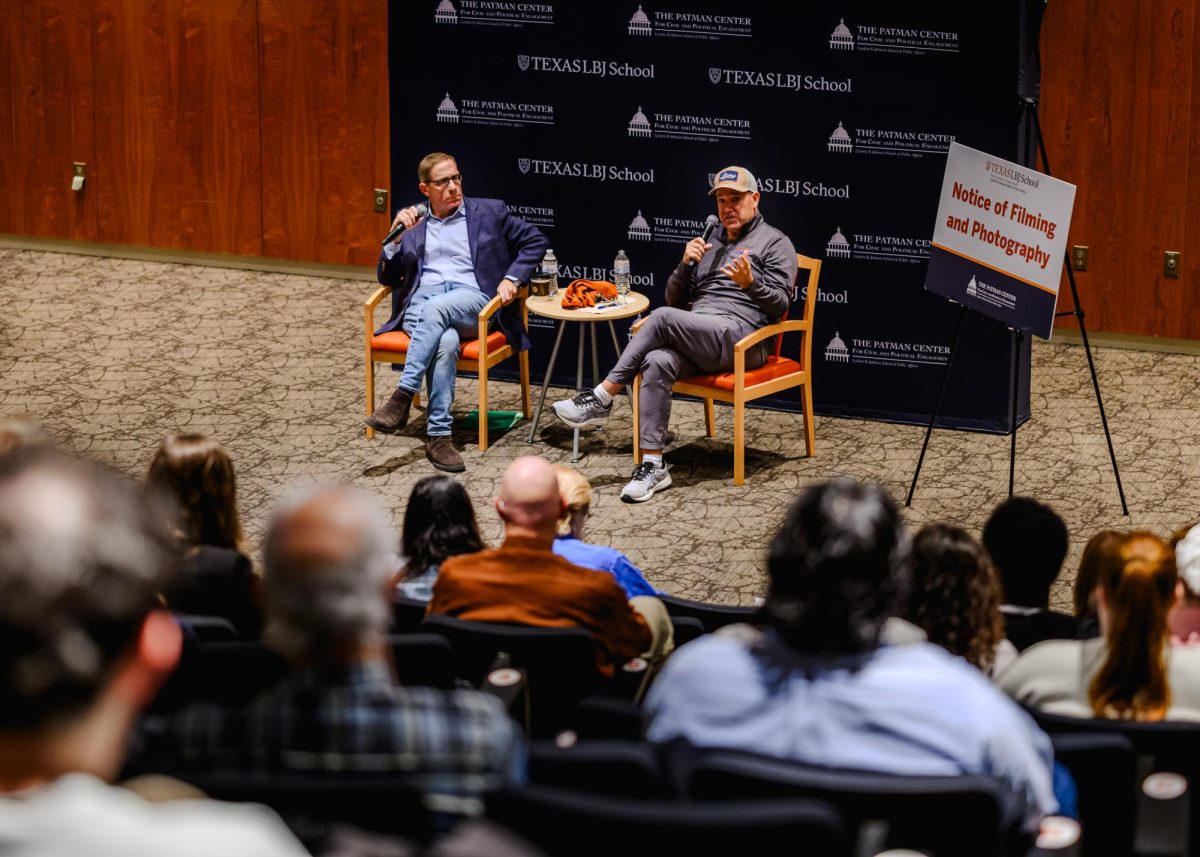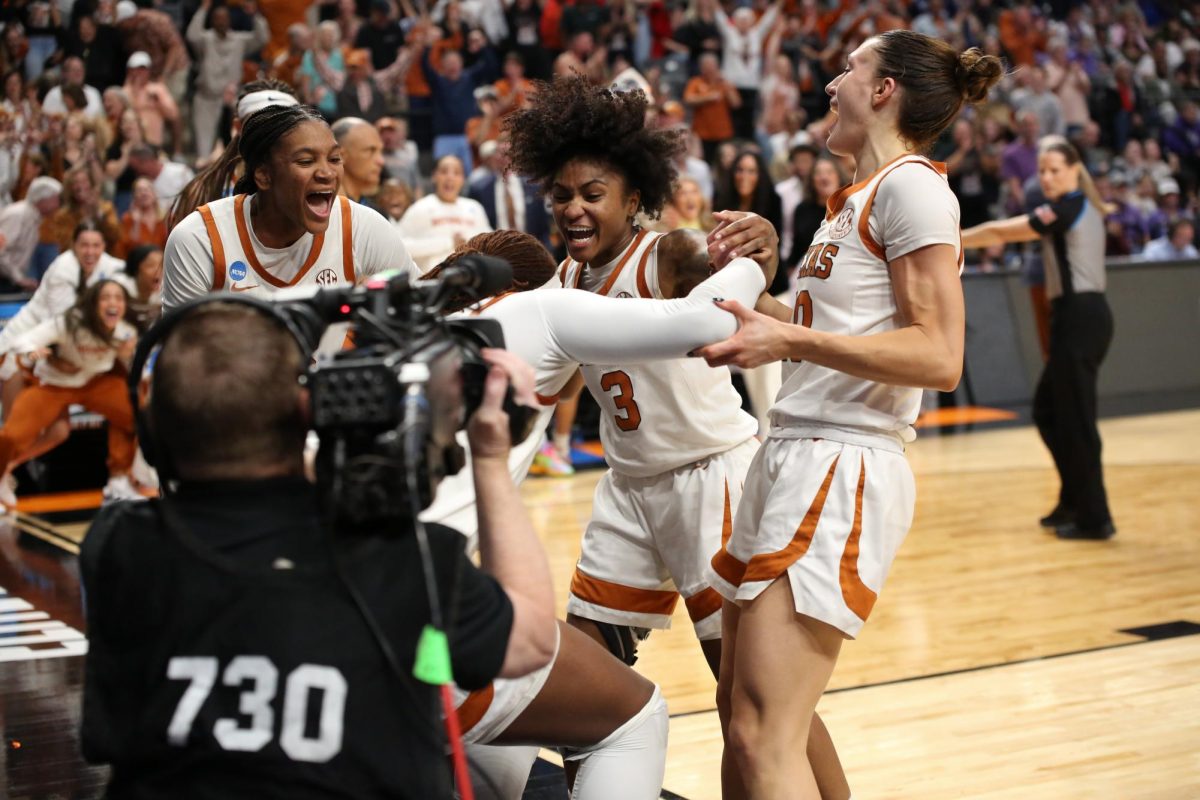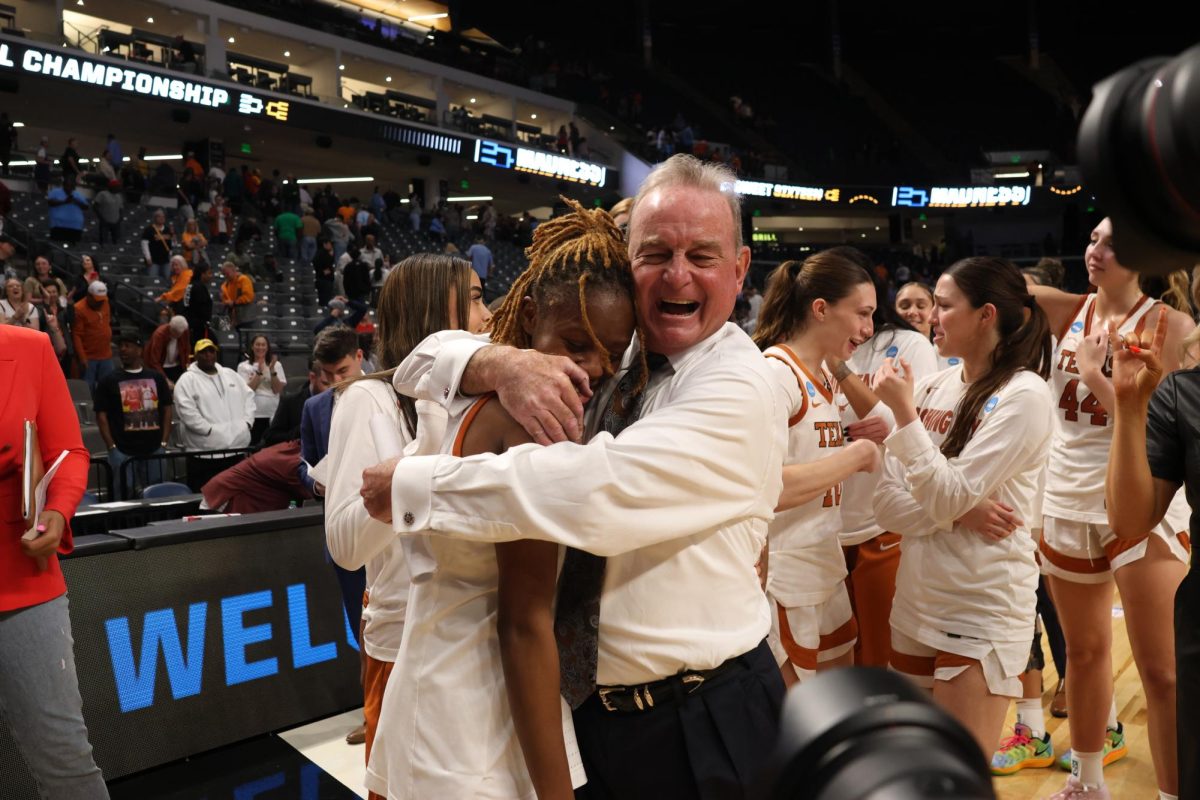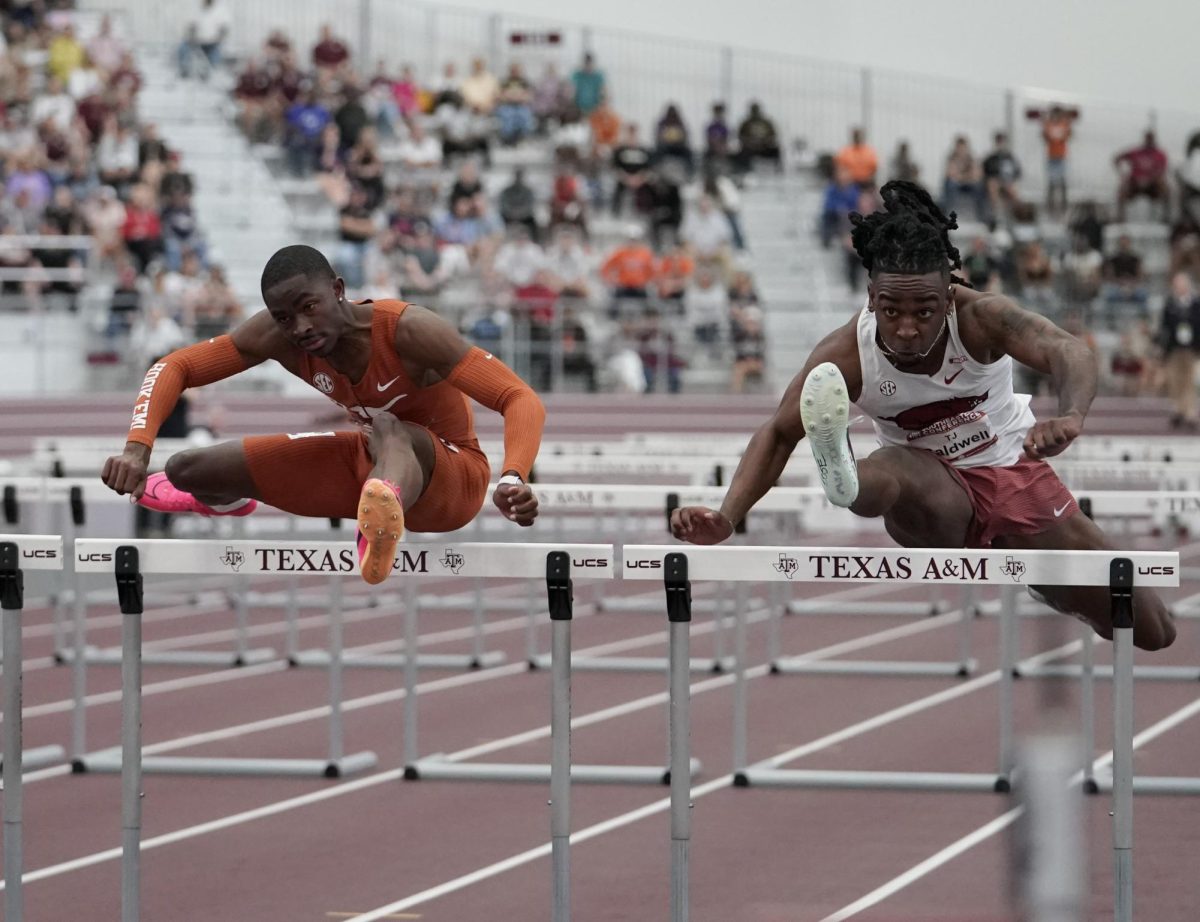When incoming freshmen attended the Black Student Alliance’s annual Black Welcome Week in August, they left as registered voters.
Over the following months, the BSA continued to register students and explain voting options, like mail-in ballots, at weekly meetings and other voter registration drives.
“In the past, (BSA) has been conscious of having those applications at meetings and registering people,” Community Engagement Chair Arianna Jenkins said. “(During) this election, we’ve truly taken off with this idea and implementing it.”
The BSA is not alone — other Black student organizations, such as the United Black Collegiate Association and Black Greek letter organizations, have intensified their focus on voter registration and engagement leading up to the election.
According to the Pew Research Center, 27% of Black age-eligible citizens nationally voted in elections between 2020 and 2022 compared to 43% of white citizens. In Fall 2023, Black students made up 4.5% of UT’s population.
“People within the community may feel as if their votes don’t matter,” said Trenton Mosby, Phi Beta Sigma Fraternity president and public health junior. “The consistent discrimination against them has led to so much distrust within the government and political systems. (We’re) building back the belief that their voices are meant to be heard within our democratic processes.”
BSA Political Chair Kelsey Green said the Association’s ultimate goal is to create a “better college space for the next generation of students.” She said Senate Bill 17 served as a catalyst for more Black students to get involved with civic engagement.
“(We have) to keep that in mind when doing voter registration drives, because our goal isn’t just to get the right president, it’s to get the right people in office (on all fronts),” government sophomore Green said.
Elle Grinnell, chair of UT’s National Pan-Hellenic Council, said Black Greek letter organizations — known as the Divine Nine — historically emphasize civic engagement. UT has seven active D9 sororities and fraternities, journalism senior Grinnell said.
D9 membership is lifelong. Grinnell’s mom and Nana still attend monthly meetings for their sorority, Alpha Kappa Alpha, she said. Vice President Kamala Harris joined AKA while attending Howard University. Harris spoke at the sorority’s July national convention.
While D9 organizations are nonpartisan, Grinnell said it’s special to see a member of their community running for the nation’s highest office.
“I have noticed maybe a little something in the air about a member of our own community (running for president),” Grinnell said.
Kamyia Gibbs, a Delta Sigma Theta Sorority member, said her sorority is encouraging students to look at policies and create a plan before going to vote.
“A lot of times people register to vote, but after they register to vote, they don’t actually go to those polls because they don’t look into those policies and the information candidates set forward,” psychology senior Gibbs said.
In the weeks before Welcome Black Week, Jenkins, a textiles and apparel junior, said BSA members took a course to become Volunteer Deputy Registrars, allowing them to register voters in Texas. Grinnell approximated over half of all D9 sorority and fraternity members are certified.
Kaitlyn Koba, United Black Collegiate Association’s communications chair and a marketing sophomore, said each organization plays a unique role in engaging Black voters. UBCA was founded after the Afrikan American Affairs agency shut down due to SB 17.
Jenkins said she believes the increase in voter engagement efforts is partly because Harris is a Black woman, and Black people can see themselves in the election.
Nationally, Black voters feel the same or more excited than when former President Barack Obama first ran, with over half being more excited now, according to an NAACP poll.
“We were all too young to vote (then) but the Black community really rallied behind (Obama) and pushed efforts to make sure that we could see someone like ourselves who was by us, for us, in office,” Jenkins said. “(We’re) definitely seeing that with Kamala Harris.”
Editor’s note: This story has been corrected to address the misstatement of a source’s year in school. The Texan regrets this error.

